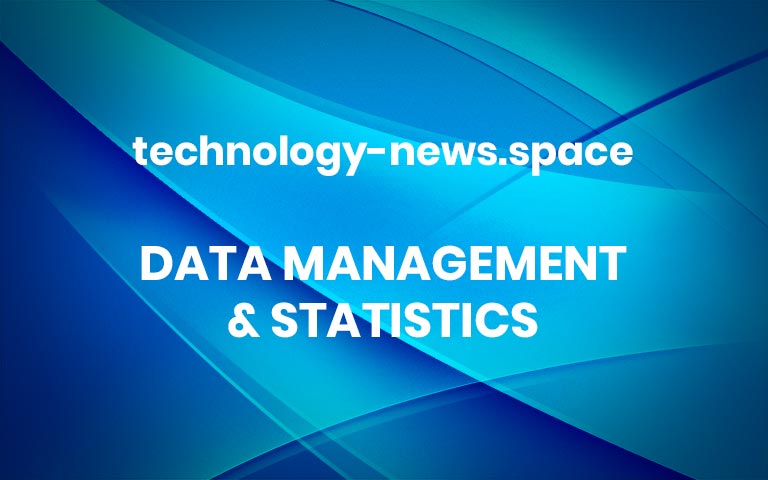In its 31st year, the Martin Luther King Jr. (MLK) Visiting Professors and Scholars Program will host nine outstanding scholars from across the Americas. The flagship program honors the life and legacy of Martin Luther King Jr. by increasing the presence and recognizing the contributions of underrepresented minority scholars at MIT. Throughout the year, the cohort will enhance their scholarship through intellectual engagement with the MIT community and enrich the cultural, academic, and professional experience of students.
The 2021-22 scholars
Sanford Biggers is an interdisciplinary artist hosted by the Department of Architecture. His work is an interplay of narrative, perspective, and history that speaks to current social, political, and economic happenings while examining their contexts. His diverse practice positions him as a collaborator with the past through explorations of often-overlooked cultural and political narratives from American history. Through collaboration with his faculty host, Brandon Clifford, he will spend the year contributing to projects with Architecture; Art, Culture and Technology; the Transmedia Storytelling initiatives; and community workshops and engagement with local K-12 education.
Kristen Dorsey is an assistant professor of engineering at Smith College. She will be hosted by the Program in Media Arts and Sciences at the MIT Media Lab. Her research focuses on the fabrication and characterization of microscale sensors and microelectromechanical systems. Dorsey tries to understand “why things go wrong” by investigating device reliability and stability. At MIT, Dorsey is interested in forging collaborations to consider issues of access and equity as they apply to wearable health care devices.
Omolola “Lola” Eniola-Adefeso is the associate dean for graduate and professional education and associate professor of chemical engineering at the University of Michigan. She will join MIT’s Department of Chemical Engineering (ChemE). Eniola-Adefeso will work with Professor Paula Hammond on developing electrostatically assembled nanoparticle coatings that enable targeting of specific immune cell types. A co-founder and chief scientific officer of Asalyxa Bio, she is interested in the interactions between blood leukocytes and endothelial cells in vessel lumen lining, and how they change during inflammation response. Eniola-Adefeso will also work with the Diversity in Chemical Engineering (DICE) graduate student group in ChemE and the National Organization of Black Chemists and Chemical Engineers.
Robert Gilliard Jr. is an assistant professor of chemistry at the University of Virginia and will join the MIT chemistry department, working closely with faculty host Christopher Cummins. His research focuses on various aspects of group 15 element chemistry. He was a founding member of the National Organization of Black Chemists and Chemical Engineers UGA section, and he has served as an American Chemical Society (ACS) Bridge Program mentor as well as an ACS Project Seed mentor. Gilliard has also collaborated with the Cleveland Public Library to expose diverse young scholars to STEM fields.
Valencia Joyner Koomson ’98, MNG ’99 will return for the second semester of her appointment this fall in MIT’s Department of Electrical Engineering and Computer Science. Based at Tufts University, where she is an associate professor in the Department of Electrical and Computer Engineering, Koomson has focused her research on microelectronic systems for cell analysis and biomedical applications. In the past semester, she has served as a judge for the Black Alumni/ae of MIT Research Slam and worked closely with faculty host Professor Akintunde Akinwande.
Luis Gilberto Murillo-Urrutia will continue his appointment in MIT’s Environmental Solutions Initiative. He has 30 years of experience in public policy design, implementation, and advocacy, most notably in the areas of sustainable regional development, environmental protection and management of natural resources, social inclusion, and peace building. At MIT, he has continued his research on environmental justice, with a focus on carbon policy and its impacts on Afro-descendant communities in Colombia.
Sonya T. Smith was the first female professor of mechanical engineering at Howard University. She will join the Department of Aeronautics and Astronautics at MIT. Her research involves computational fluid dynamics and thermal management of electronics for air and space vehicles. She is looking forward to serving as a mentor to underrepresented students across MIT and fostering new research collaborations with her home lab at Howard.
Lawrence Udeigwe is an associate professor of mathematics at Manhattan College and will join MIT’s Department of Brain and Cognitive Sciences. He plans to co-teach a graduate seminar course with Professor James DiCarlo to explore practical and philosophical questions regarding the use of simulations to build theories in neuroscience. Udeigwe also leads the Lorens Chuno group; as a singer-songwriter, his work tackles intersectionality issues faced by contemporary Africans.
S. Craig Watkins is an internationally recognized expert in media and a professor at the University of Texas at Austin. He will join MIT’s Institute for Data, Systems, and Society to assist in researching the role of big data in enabling deep structural changes with regard to systemic racism. He will continue to expand on his work as founding director of the Institute for Media Innovation at the University of Texas at Austin, exploring the intersections of critical AI studies, critical race studies, and design. He will also work with MIT’s Center for Advanced Virtuality to develop computational systems that support social perspective-taking.
Community engagement
Throughout the 2021-22 academic year, MLK professors and scholars will be presenting their research at a monthly speaker series. Events will be held in an in-person/Zoom hybrid environment. All members of the MIT community are encouraged to attend and hear directly from this year’s cohort of outstanding scholars. To hear more about upcoming events, subscribe to their mailing list.
On Sept. 15, all are invited to join the Institute Community and Equity Office in welcoming the scholars to campus by attending a welcome luncheon. More


